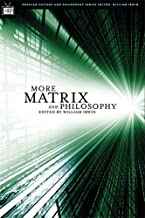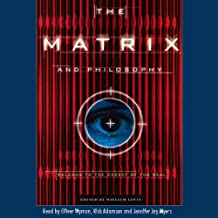smcder
Paranormal Adept
In terms of phenomenology, its insights are
Yes, but how does our ( lower case ) phenomenology relate to ( upper case ) reality.
I understand that we can introspect all day and discover some interesting things. As well as experiment with psychedelics and observe the “expanding” mind.
But at the end of the day, what is behind all this? What is behind this funhouse we call conscious experience, and how does it relate to this objective reality we infer?
see next comment.
- "I understand that we can introspect all day and discover some interesting things." Soupie *YAWNS*
- "As well as experiment with psychedelics and observe the “expanding” mind. Soupie *YAWNS*






